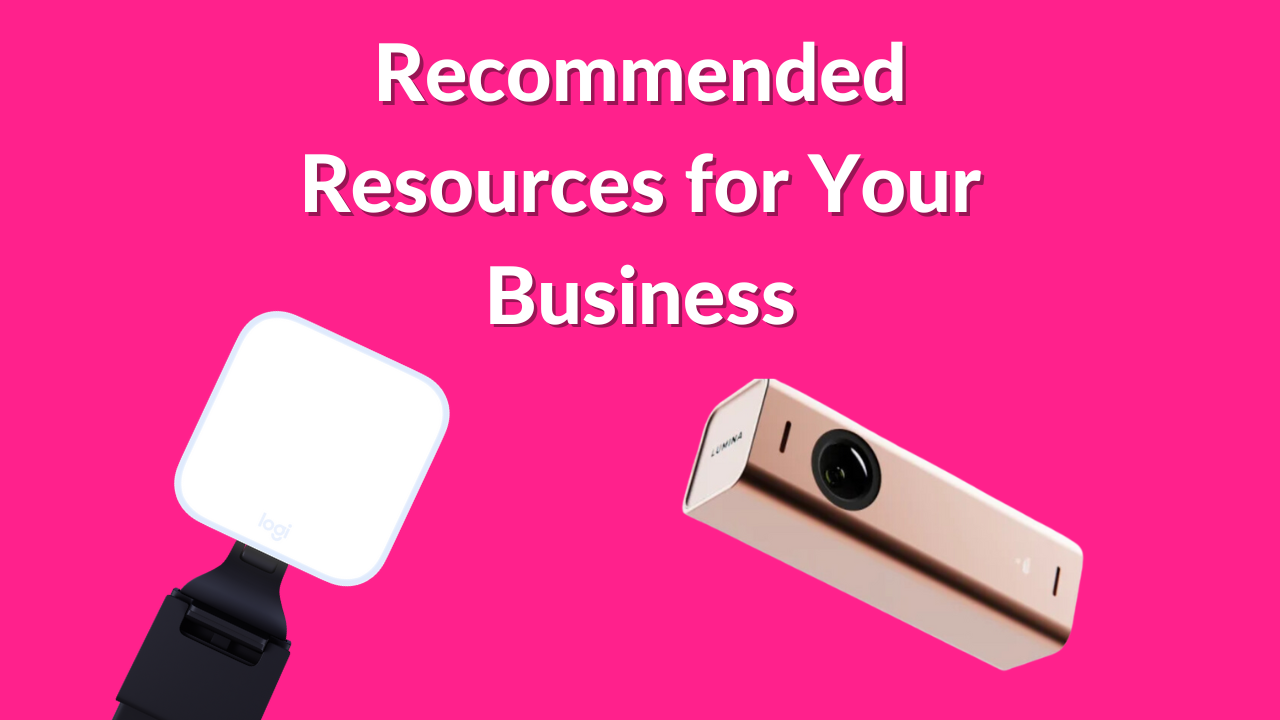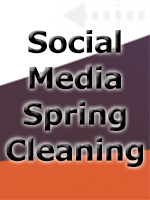I wish I could take credit for the term “social poop” but sadly I can’t. I first learned the term from Andy Fogarty in a wonderful blog post called How To Create Social Proof In 3 Simple Steps on the Laura Roeder blog.
Andy defines social poop as the stuff you get from Twitter feeds from someone whose avatar is a corporate logo; someone who is following 10,000 people but only has about 500 follows, most of whom auto followed them back. And of course, all the Tweets are promotional copy. Not a personal comment in the bunch. Not a single reTweet, or @reply. Other people just call it spam!
However, I’d like to expand the term if I may. It comes from a conversation I had with a local business person (in real life over coffee, can you imagine). She jumped into Twitter quite eagerly, expecting it to be similar to the status updates on Facebook.
Good Social Media means being human
She recently friended some childhood schoolmates on Facebook. By seeing what they say online, she felt like she’s gotten to know them again. They talk about their life, their activities, their likes and dislikes. In other words, they act like real human beings.
That’s why she has been so disappointed by Twitter. “If all someone Tweets is quotes by other people, how is that letting me get to know them?” she complained.
There’s the real catch for people using Twitter for business. Yes, you want to sound professional and appropriate for your business, but you don’t want to sound like it’s a corporate logo speaking.
By all means, Tweet quotes if you like. Personally, I love quotes. I collect them. Have a huge stack printed on file cards on my desk. But don’t make quotes the only thing you say on Twitter. Include something about your life. What movie did you see? What did you think of it? Where did you eat for dinner? Was the service horrible? Tell us. Show us you’re a real human being. Have a personality.
Have conversations online
And just as importantly, engage with other people. Retweet interesting things from other people. Send @ replies commenting on what others say. Engage really means having conversations online.
Don’t use Twitter as a cheap broadcasting tool. Think of it as an online networking event where you want to be the most interesting person there. Of course you’ll talk about your business, but it won’t be the only thing you discuss.
Andrea J. Stenberg







